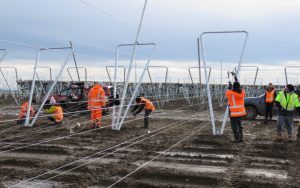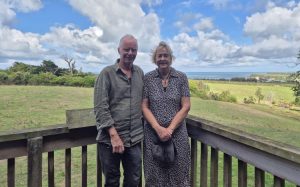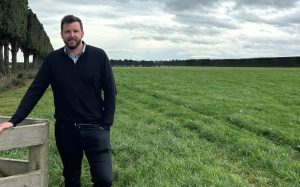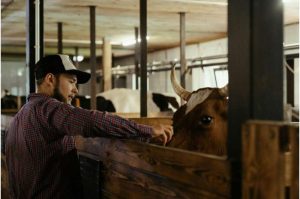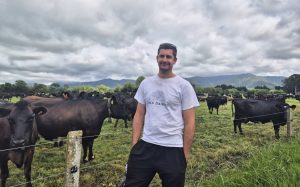
Esteban Blanco fears he’ll be killed if he’s deported back to Colombia at the end of his sentence.
CHRIS SKELTON / STUFF
When he’s released from prison, he says he wants to start afresh, settle down, and start a family.
But he’s terrified of the prospect of being deported back to Colombia, where the debt he’s incurred to the cartel remains.
New Jersey City University assistant professor Dr Jonathan Rosen, an expert in organised crime groups in Colombia, reviewed the case as part of Blanco’s defence.
He says it highlights how people can “become property of a criminal organisation”.
“To me it’s a very sad story. I don’t view him as some criminal mastermind or some Pablo Escobar – he’s a farmer at the end of the day.”
Rosen, who has been an expert in about 200 deportation cases, says Blanco has every right to be “very concerned” about his future.
“If criminal organisations want to locate you, particularly in a place like Colombia, it’s easy to get the information.

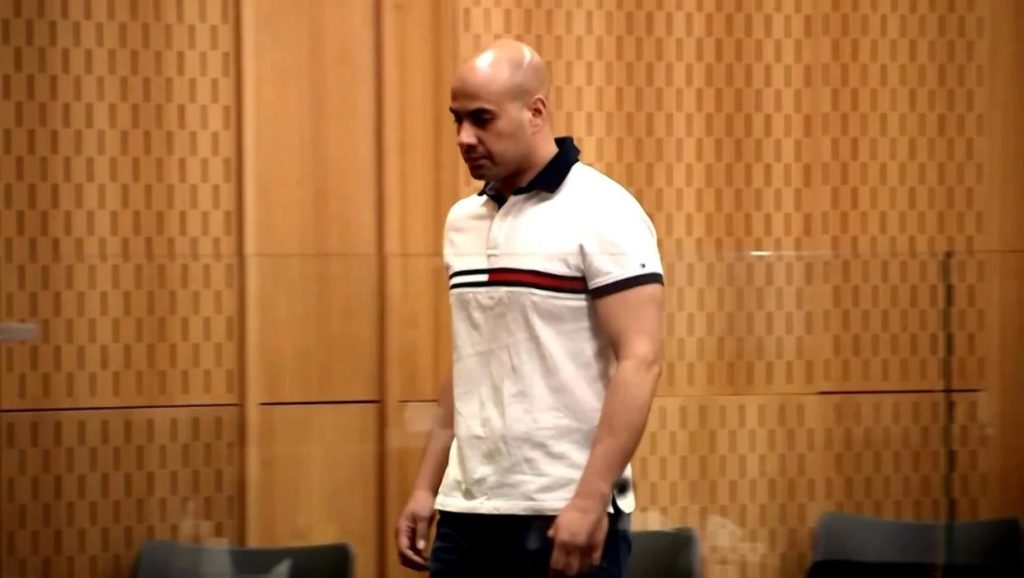
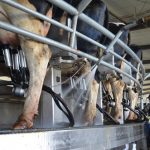
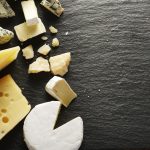
 Esteban Blanco was last week jailed for 10 years for money laundering, importing cocaine and participating in an organised criminal group.
Esteban Blanco was last week jailed for 10 years for money laundering, importing cocaine and participating in an organised criminal group. Esteban Blanco handed over $200,000 of drug money to an undercover agent.
Esteban Blanco handed over $200,000 of drug money to an undercover agent. Authorities found 23.6kg of cocaine destined for New Zealand in Barcelona, hidden inside hot water cylinders, which was linked to the syndicate.
Authorities found 23.6kg of cocaine destined for New Zealand in Barcelona, hidden inside hot water cylinders, which was linked to the syndicate. Authorities in Barcelona open a hot water cylinder used to hide cocaine.
Authorities in Barcelona open a hot water cylinder used to hide cocaine. Esteban Blanco fears he’ll be killed if he’s deported back to Colombia at the end of his sentence.
Esteban Blanco fears he’ll be killed if he’s deported back to Colombia at the end of his sentence.



